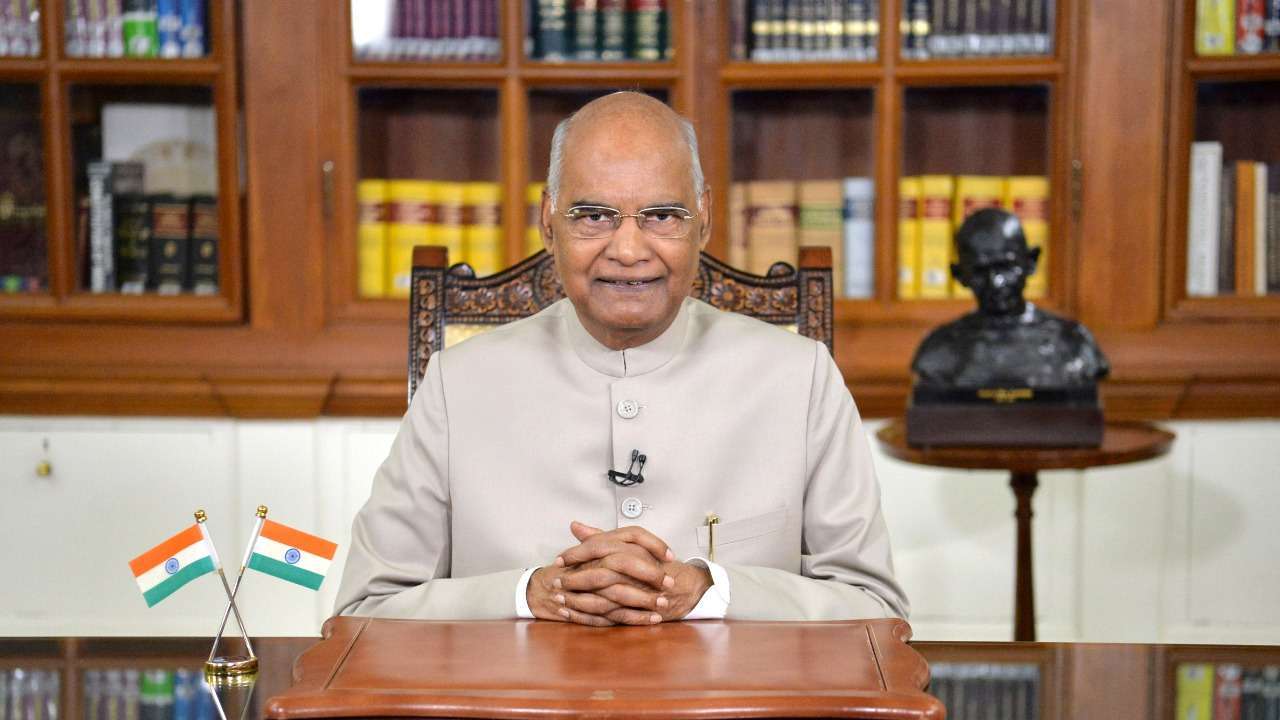Ram Nath Kovind, (born October 1, 1945, Paraukh, Uttar Pradesh state, India), Indian lawyer and politician who served as president of India (2017– ). He was the second person from the Dalit community, after Kocheril Raman Narayanan, and the first member of the Bharatiya Janata Party (BJP) to hold the office.
Kovind grew up in humble circumstances in a small agrarian village where his father farmed and ran a small grocery store. His mother died when he was a young child. After earning degrees in commerce and law from Kanpur University, he moved to Delhi in order to take the civil services examination. Although he passed, Kovind chose to begin practicing law and was admitted to the bar in 1971.
Kovind worked in the Delhi Free Legal Aid Society, and he also served (1971–75, 1981) as general secretary of the Akhil Bharatiya Koli Samaj, an organization serving the interests of the Koli community, a Dalit subcaste. From 1977 to 1979 he was a union government advocate in the Delhi High Court, and in 1978 he became an advocate-on-record of India’s Supreme Court. In 1980 Kovind advanced to the position of union government standing counsel in the Supreme Court, and he practiced there until 1993. In addition, he served (1977–78) as the executive assistant to Prime Minister Morarji Desai.
In 1991 Kovind joined the BJP, and three years later he was elected to the Rajya Sabha (the upper house of India’s parliament) from Uttar Pradesh. During his 12 years in that body, he served on various committees, including those on law and justice, social justice and empowerment, and welfare of Scheduled Castes and Scheduled Tribes. He was part of the Indian delegation to the United Nations and spoke before the General Assembly in 2002. In 2015 Kovind was appointed governor of the state of Bihar. His non-confrontational approach to political problems earned him praise across the political spectrum. Among his notable achievements as governor was the creation of a judicial commission to investigate corruption in universities.
In June 2017 the BJP announced Kovind as the party’s candidate to succeed Pranab Mukherjee in the ceremonial office of president. He faced Meira Kumar, former speaker of the Lok Sabha (the lower house), and herself a Dalit. In spite of the fact that his low-key profile made him relatively unknown, he won nearly two-thirds of the vote.
Kovind was sworn in as India’s 14th president in July 2017. Through the promulgation of presidential orders in August 2019, he was instrumental in the revocation of the autonomy of Jammu and Kashmir state (now Jammu and Kashmir union territory and Ladakh union territory).


















